How is Contextual Advertising the Future of Programmatic?
The year 2021 experienced a major increase in programmatic ad spending, around $455 billion in 2021. And as the industry continues to grow worldwide, and advertisers expect to achieve better results, this ad spend is expected to grow even further.
And as the industry continues to grow worldwide, and advertisers expect to achieve better results, this ad spend is expected to grow even further.
Thus, in 2022, brands all around the world are expected to spend around $524 billion on the programmatic industry.
Most importantly, with third-party cookies getting blocked, contextual advertising is not a want, but has become the need of the hour and has become the future of programmatic advertising, [...]

 317-289-4965
317-289-4965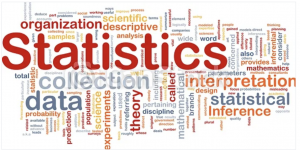 data-backed decisions in marketing is so important:
data-backed decisions in marketing is so important: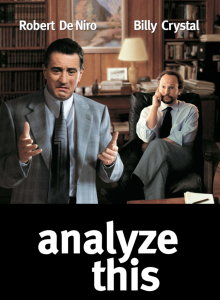 Anything with DeNiro and Crystal in it and you know it has to be good.
Anything with DeNiro and Crystal in it and you know it has to be good.


 Digital has eclipsed all other forms of advertising, but it has also outperformed our expectations several times in recent years.
Digital has eclipsed all other forms of advertising, but it has also outperformed our expectations several times in recent years. 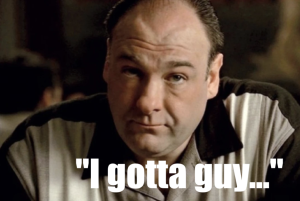 Last week, I received an email from a person I know………talking about how Word of Mouth (WOM) MARKETING is more effective than Paid Advertising. Of course this person wasn’t targeting ME, specifically, or I’m guessing that she wouldn’t have included me. I was part of a ‘blanket’ email blast that was sent-out to EVERYONE in her Network……..which is a whole separate conversation that we’ll address in a different post.
Last week, I received an email from a person I know………talking about how Word of Mouth (WOM) MARKETING is more effective than Paid Advertising. Of course this person wasn’t targeting ME, specifically, or I’m guessing that she wouldn’t have included me. I was part of a ‘blanket’ email blast that was sent-out to EVERYONE in her Network……..which is a whole separate conversation that we’ll address in a different post. this early in the day, I
this early in the day, I  decided to write a blog on the importance of syncing (or backing-up) your files.
decided to write a blog on the importance of syncing (or backing-up) your files. our years after publishing a proposal for “an idea of linked information systems,” computer scientist Tim Berners-Lee released the source code for the world’s first web browser and editor. Originally called Mesh, the browser that he dubbed WorldWideWeb became the first royalty-free, easy-to-use means of browsing the emerging information network that developed into the internet as we know it today.
our years after publishing a proposal for “an idea of linked information systems,” computer scientist Tim Berners-Lee released the source code for the world’s first web browser and editor. Originally called Mesh, the browser that he dubbed WorldWideWeb became the first royalty-free, easy-to-use means of browsing the emerging information network that developed into the internet as we know it today.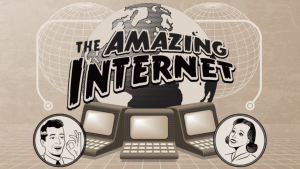 research institutions like the Massachusetts Institute of Technology and Stanford University had developed complex systems for internally sharing information, and Berners-Lee sought a means of connecting CERN’s system to others. He outlined a plan for such a network in 1989 and developed it over the following years. The computer he used, a NeXT desktop, became the world’s first internet server. Berners-Lee wrote and published the first web page, a simplistic outline of the WorldWideWeb
research institutions like the Massachusetts Institute of Technology and Stanford University had developed complex systems for internally sharing information, and Berners-Lee sought a means of connecting CERN’s system to others. He outlined a plan for such a network in 1989 and developed it over the following years. The computer he used, a NeXT desktop, became the world’s first internet server. Berners-Lee wrote and published the first web page, a simplistic outline of the WorldWideWeb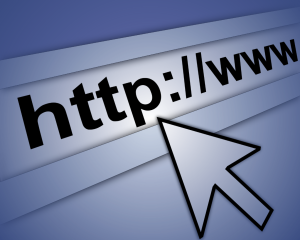 project, in 1991.
project, in 1991.  Getting to Know You
Getting to Know You